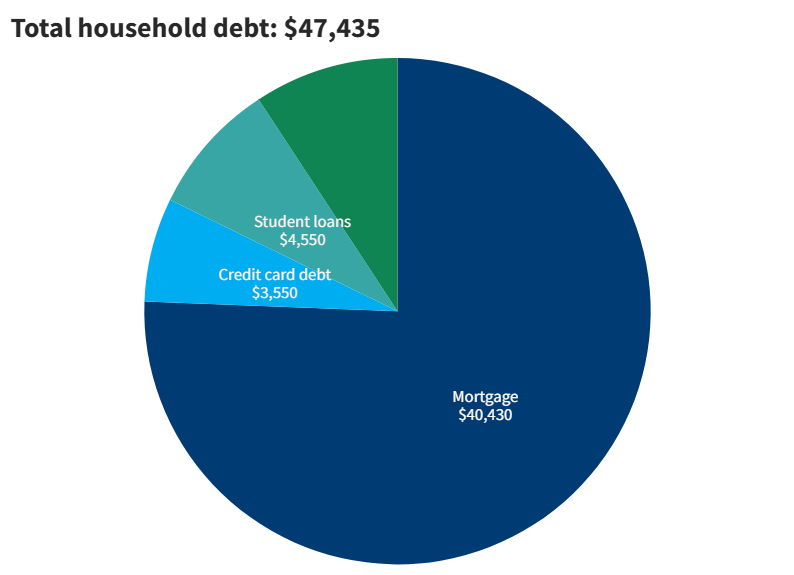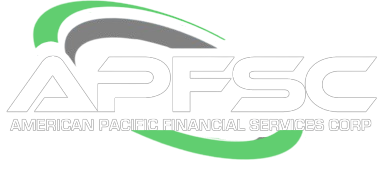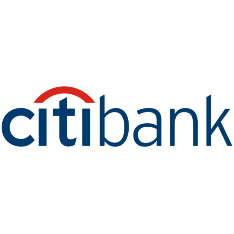Debt Relief Programs
If you’re living with debt in Pennsylvania, you’re not alone. From Philadelphia and Pittsburgh to Allentown, Harrisburg, and smaller towns across the state, many Pennsylvanians are overwhelmed by credit card debt, student loans, and medical bills. At APFSC, we offer reliable, non-profit debt relief and credit counseling services designed to help you regain financial control and build a debt-free future.
The Growing Debt Problem in Pennsylvania
Debt in the Keystone State
Pennsylvania is home to one of the largest populations in the U.S., and many households are dealing with the financial pressures of rising living costs and interest rates. The average credit card debt per borrower in Pennsylvania is over $6,000, and the average student loan debt exceeds $35,000. Approximately 11.7% of residents carry student loans, creating added strain on family budgets.
Economic uncertainty, job loss, or reliance on credit cards to cover basic needs can easily lead to growing debt balances. When payments feel unmanageable, a structured repayment plan can make all the difference—and that’s what APFSC is here to provide.

How APFSC Helps Pennsylvania Residents Pay Off Debt
We start with a free, personalized consultation with a certified credit counselor who will assess your income, debts, and monthly obligations. If you’re eligible, we’ll create a custom Debt Management Plan (DMP) that consolidates your unsecured debts into one easy payment—usually with lower interest rates and waived fees.
With our DMP, you can:
- Make one manageable monthly payment
- Pay reduced interest thanks to creditor negotiations
- Eliminate late fees and collection harassment
- Pay off your debt in 3 to 5 years
- Access expert financial education and tools
It’s not a loan—it’s a proven method to help you pay off your existing debt faster, while protecting your credit and peace of mind.
Why Pennsylvanians Fall Into Debt
- High healthcare costs and medical emergencies
- Unemployment or underemployment in key industries
- Credit card usage to cover rent, gas, and groceries
- Student loan debt with limited repayment options
- Lack of savings for emergencies or inflation-related expenses
Talk to a HUD-certified housing counselor to get help with the housing challenges you’re facing.
Why a Debt Management Plan Works
A Debt Management Plan is a safe, structured way to pay off unsecured debts such as credit cards, personal loans, and medical bills. Once enrolled, you make a single monthly payment to APFSC, and we distribute the funds to your creditors—often with reduced interest and no penalties.
Benefits of enrolling in a DMP:
Lower overall monthly payments
- Avoidance of bankruptcy and loan defaults
- Improved credit with consistent, on-time payments
- Protection from collection calls and legal threats
- Full access to budgeting and credit counseling support
Most clients finish their DMP in 3 to 5 years, depending on their total balance and monthly budget.
Know Your Rights in Pennsylvania
As a Pennsylvania resident, you’re protected under the Fair Debt Collection Practices Act (FDCPA), which prevents harassment, false threats, and abusive language from collectors.
The state also enforces a statute of limitations—typically four years for most unsecured debts—limiting how long creditors can take legal action to collect.
If you’re receiving threatening calls, facing lawsuits, or simply don’t know where to turn, APFSC will help you understand your rights and give you a clear path forward.
Pennsylvania Debt Statistics
- Average credit card debt: $6,078
- Average student loan debt: $35,385
- Residents with student loan debt: 11.7%
- Total student loan debt in Pennsylvania: $65.9 billion
- Average credit score in Pennsylvania: 725
Why Pennsylvania Residents Trust APFSC
APFSC is a trusted non-profit organization focused solely on helping people—never on profiting from their hardship. We don’t offer loans or quick fixes. We provide real solutions and compassionate support tailored to your unique financial situation.
With APFSC, you get:
- One-on-one guidance from certified credit counselors
- A plan built around your income and financial goals
- Negotiation with your creditors for better repayment terms
- Access to money management tools and education
- Long-term support to help you stay on track
Thousands of people across the state have found relief with our help—and so can you.
Talk to a HUD-certified housing counselor to get help with the housing challenges you’re facing.
FAQ
Will a Debt Management Plan hurt my credit score?
Initially, it might dip slightly, but most clients see improvement over time as they make consistent on-time payments.
How long does the program take?
Most people complete their plan in 3 to 5 years, depending on how much they owe.
Can I still use my credit cards?
Once enrolled in a DMP, those accounts are typically closed to help you stay on track.
Is my information kept confidential?
Yes. All consultations and services are private and secure.
















































